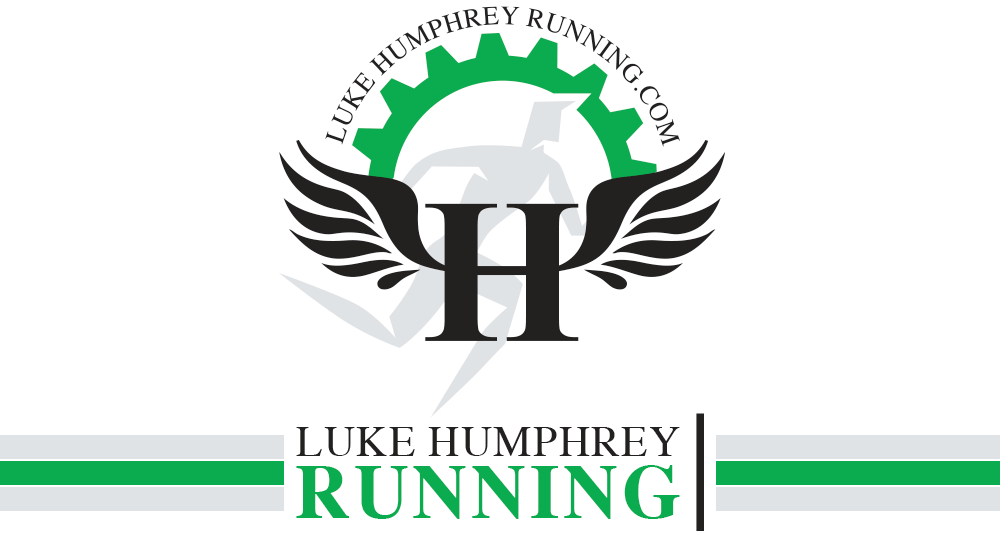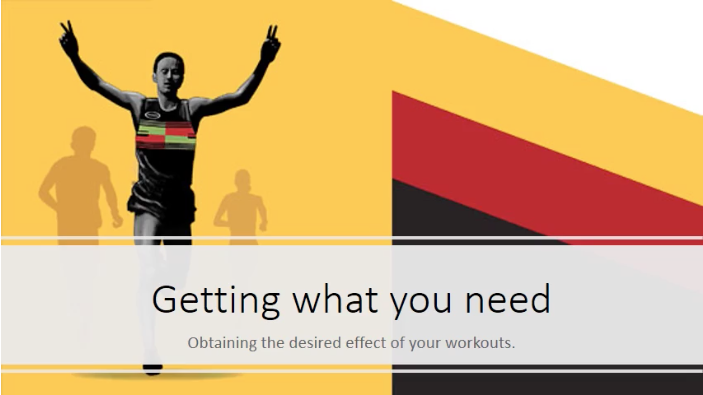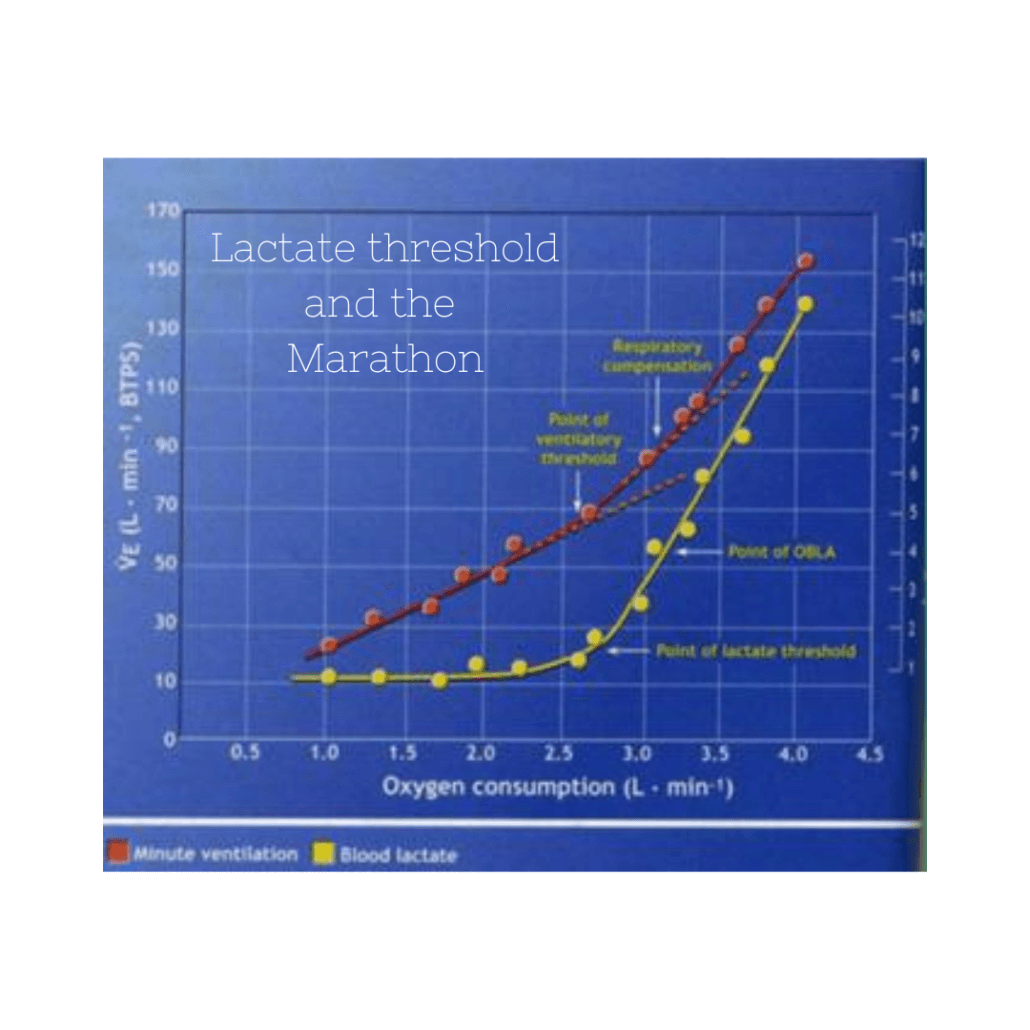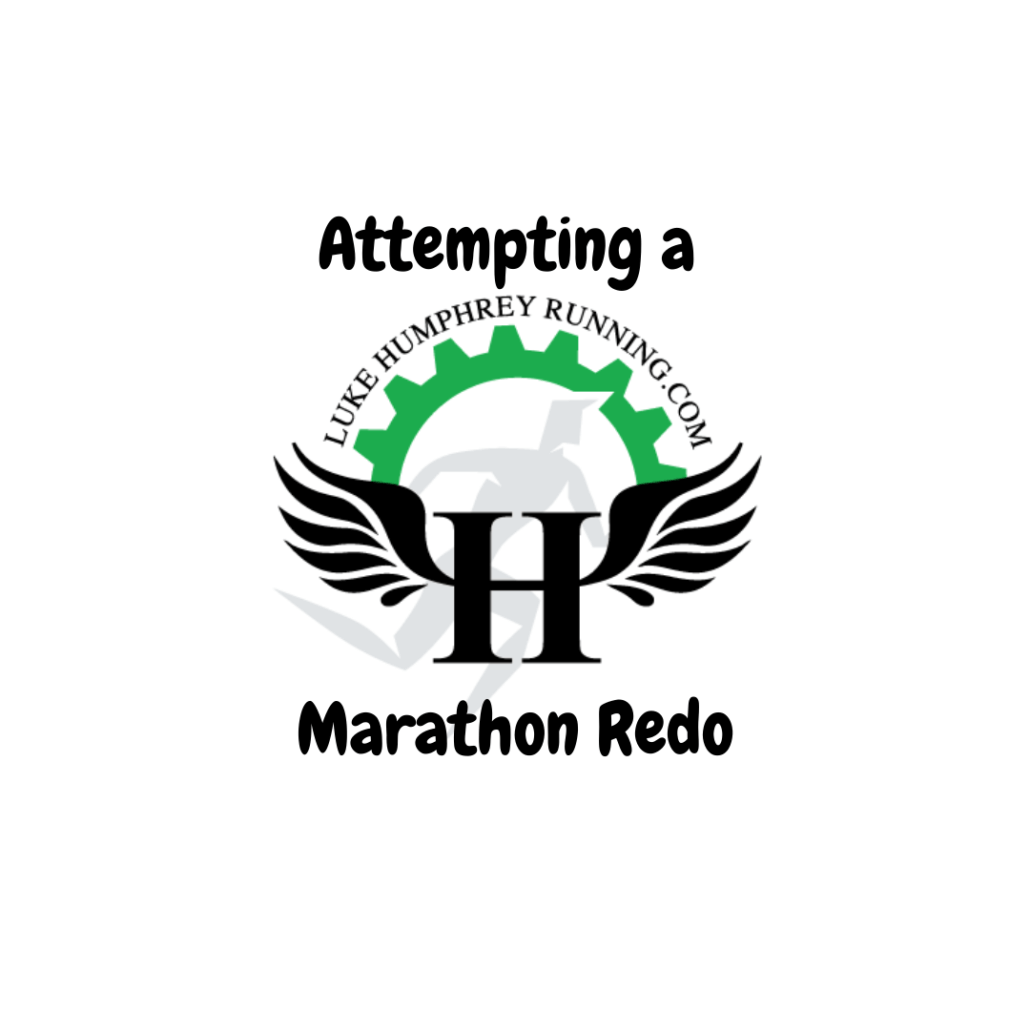Identifying true training weakness

Podcast: Play in new window | Download
Recently, I had a new athlete sign up for coaching and we have them complete a training profile. One of the questions is “what are some of your training weaknesses?” The point of this question is obvious, what do you think you need to work on? However, we are also looking to see if you really think about what those needs are and then really establish a starting point for a conversation about those perceived weaknesses.
Her main weakness was that she said she needed more speed work. However, I took a look at her other personal bests and questioned that conclusion. When I looked at her 5k, 10k, and half marathon best, these all suggested that she could run a marathon in anywhere from 4:37 to 4:45, significantly faster than the 5+ hour marathon she just finished. So, the reality is she is already fast enough to run a better marathon time. The issue lies somewhere else and we’ll go over potential reasons as we move forward.
To be clear, I am not picking on this young lady at all. This is just a recent interaction regarding something I come across as a coach pretty often. Honestly, I think when she said speedwork, it was really in reference to structured work. If that is the case, then what she is saying is true in principle. Looking through her training history, she could add structured work and it would probably do amazing things.
The moral of this story though is that running a certain time requires you to be “fast” enough first. This is where your own racing history in combination with the use of a race equivalency chart can come in really handy. What do I mean by that? I’ll use myself as an example. My fastest marathon is 2:14:38. If I plug that into a calculator is shows that I should be able to run 1:04:10 for a half marathon, a 10k in 29:08, and a 5k in 14:00. Comparing that to my actual PR’s, I ran 1:03:52, 29:02, and 14:10, respectively.
There are two ways to look at this. One is that I pretty much maxed out what I could do, across the board. Based on my half PR, I probably could have eeked out a high 2:13 marathon. What’s interesting is I ran that 1:03:52 in February of 2011, then turned around and ran my marathon PR in June of the same year. Second, as my race distance decreases, the further away I got from what I was expected to run. This is why it’s important to know what your strengths and weaknesses are as a racer. This allows you to take generalities and turn them into specifics.
Going back to my history, I was pretty much maxed out. For me to really make another step forward, I needed to improve my shorter distances. I probably needed to recover from my marathon and then move down and do some sport of speed segment. I didn’t necessarily need to improve my 5k and 10k times, but I definitely needed to at least get back to that level and maybe tolerate some workouts that would be in line with faster times. Then maybe use that speed work to run a faster half. Finally, come back and attempt a faster marathon.
Going back to our young lady her quest to break 5. We already established that she was “fast enough” to run under 5 hours. What else could be the issue? To me, there are two big issues that need to be looked at. The first is you have to look at your training throughout the months and years previously. I’d really take a look a consistency over long periods of time. Many recreational athletes train for a specific race once a year, or a couple of times a year. Then they take summers or winters off. I am not knocking this at all, but when it comes to improvement, consistency is king. Even if it’s not hard training, being fairly consistent with staying healthy, and putting blocks of solid running can move your fitness up a couple of levels on its own! Secondly, within a training segment, does the training match what you are training for? Let’s take a typical recreation runner. They can put in 20-mile weeks pretty regularly and that’s enough to really run a solid 5k and a pretty decent 10k. It’s probably a little light to really have a good half marathon and I really couldn’t recommend that kind of volume for a marathon. What you’ll see a lot of times is an increase in weekly volume from say a 5k/10k runner to a marathoner, but it generally comes in the form of increasing long runs. For example, say the 5k runner running 20 miles a week decides they want to run a marathon. They might get up to 40-45 miles a week, but the majority of that increased volume comes from long runs going from 6-8 miles to 18-20 miles per week. They might add some marathon-pace work that would take them up further, but the tradeoff is that easy runs will be removed or decreased. The point is, if a person tries to keep training at a level they are used to, what that means is that it’s harder to utilize a race equivalency calculator. That calculator is assuming that you are going to be doing the training required to be fully prepared for the longer race distance. That’s what you see with a lot of folks in that 4:30-5+ hour range. The pace itself is not overly taxing, but they tend to slow down more and more from miles 16-18 and above. A lot of times this is simply an indication that the overall endurance is just not there to allow a person to hold that pace.
To close out, if you are a person who is looking at a marathon goal time, or even a half marathon goal time, and you just seemingly fade at the end of the race over and over just to have those goals slip away with each passing mile, then these are the things I would put my focus on. Do my other race distances line up with what I am trying to run? If not, first work on bringing those down to be more in line with the goal time for the longer event. If so, move to the training. Do I train consistently throughout the year? If not, make that a priority. If so, does my training line up with what it should be for the longer races? If not, make that a priority. First, focus on building the volume in a balanced way. Second, add intensity. Give yourself time to adapt to one training stress at a time. If you follow a similar path when addressing your true strengths and weaknesses, then you can really shorten the time needed to be in a position to reach your goal.

If you find value in these posts and podcasts, please consider hooking me up with a cup of coffee. Your support allows me to create and provide more advice to all runners. If you need a training plan, please check them all out at Final Surge.




